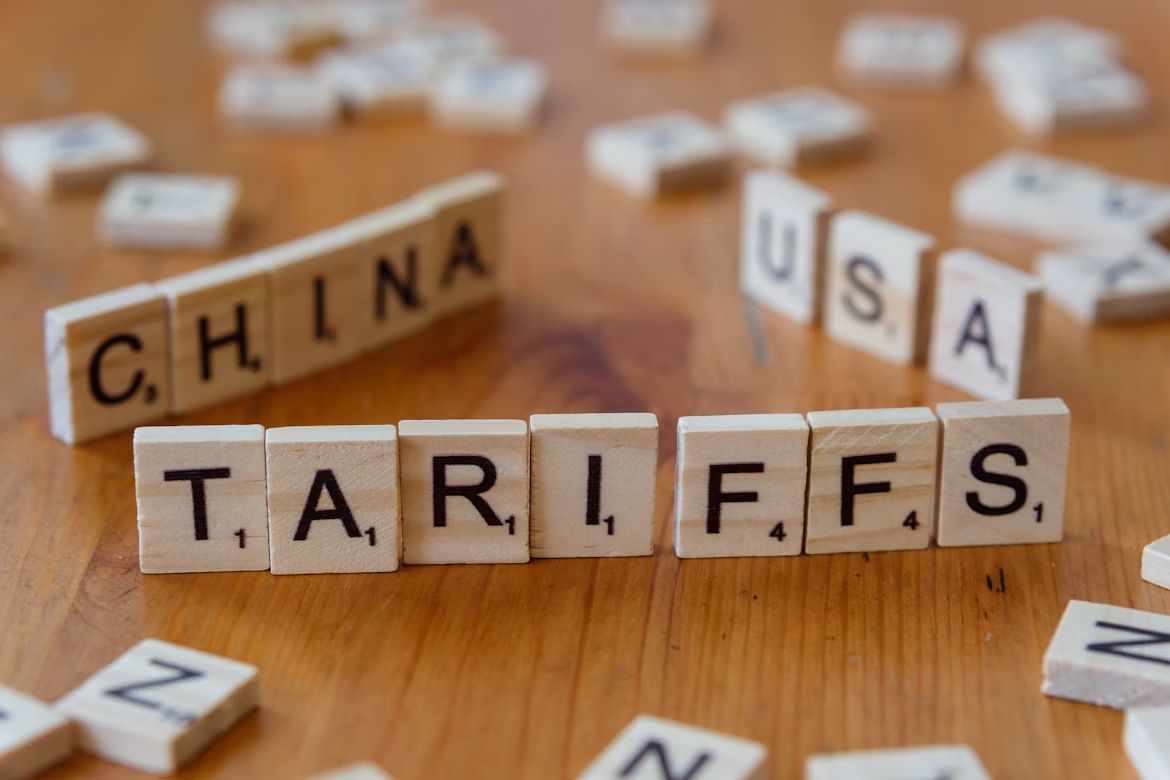The breakthrough needed in U.S.–China trade war has collapsed spectacularly. Just weeks ago, optimism was high as American lawmakers left Beijing hyping a massive deal for China to buy 500 Boeing jets, a multi-billion-dollar order that U.S. Ambassador David Perdue called “very important to the president.” It would have been Boeing’s first major sale to China since Trump’s first term and a clear sign of thawing tensions. But on October 9th, everything changed. Beijing stunned Washington by imposing its strictest rare earth export controls, forcing foreign firms to seek Chinese approval for any product containing even 0.1% of Chinese-origin rare earths, effectively weaponizing its near-monopoly over 90% of the global supply. President Trump retaliated the next day, threatening 100% tariffs on all Chinese goods and restrictions on Boeing exports to China, accusing Beijing of trying to “clog the markets". Analysts say China’s timing was no accident. With a Trump–Xi summit approaching, Beijing appears to be tightening its grip on critical minerals to gain leverage. But experts warn the gambit may have backfired, pushing even a deal-driven White House past its breaking point and setting the stage for mutually assured disruption.
EQUITY
Wall Street recovered from last week's sell-offs, with the Nasdaq jumping over 2.2%, the S&P 500 at 1.5%, and the Dow averaging at 1.3%, with tech stocks leading the charge. Investors cheered after President Trump softened his tone on China and Treasury Secretary Scott Bessent confirmed Trump still plans to meet Xi in South Korea. Broadcom topped the chart after announcing a collaboration with OpenAI to deploy custom AI chips and computing systems.
GOLD
Gold keeps climbing above $4,100 in the Asian session, as there is no underlying fundamental to limit its rally. President Trump's latest tariff threats against China and the drawn-out government shutdown have spooked markets, with traders now seeing a 97% chance of another rate cut in October. Bank of America thinks gold could climb all the way to $5,000 next year, pointing to ballooning, but analysts warn the rally could fizzle if inflation stays sticky and the Fed pumps the brakes on rate cuts.
OIL
Brent crude swung wildly, jumping to $63.90 on hopes that the US and China might play nice after Trump dialled back his trade war threats and confirmed he'll meet Xi Jinping in South Korea this month, but those gains evaporated when nothing changed to reflect the eased tension. The International Energy Agency piled on by forecasting more supply and less demand, basically the oil market's worst nightmare, with missile shipments to Ukraine threatening Russian oil flows.
CURRENCY
The dollar was initially firm on easing tensions but later retreated as new friction became apparent, including port fees and export controls. Safe-haven currencies like the yen and Swiss franc gained as risk sentiment soured, while the Australian and New Zealand dollars fell due to their sensitivity to global risk appetite. The yuan eased slightly, with the market awaiting tariff developments and leadership meetings between Trump and Xi.













